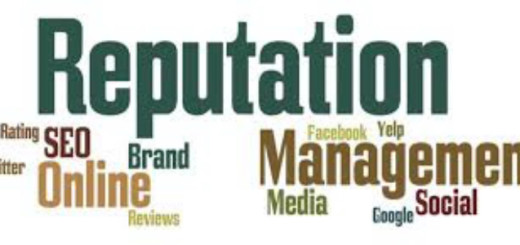Does Training + Code of Ethics = Culture of Ethics?
Complacency in compliance is a cancer on a company’s culture. Woody Allen said it best in Annie Hall: A [compliance program] relationship, I think, is like a shark. You know? It has to constantly move forward or it dies. And I think what we got on our hands is a dead shark. Here is the video clip of the scene: here When a Chief Compliance...























